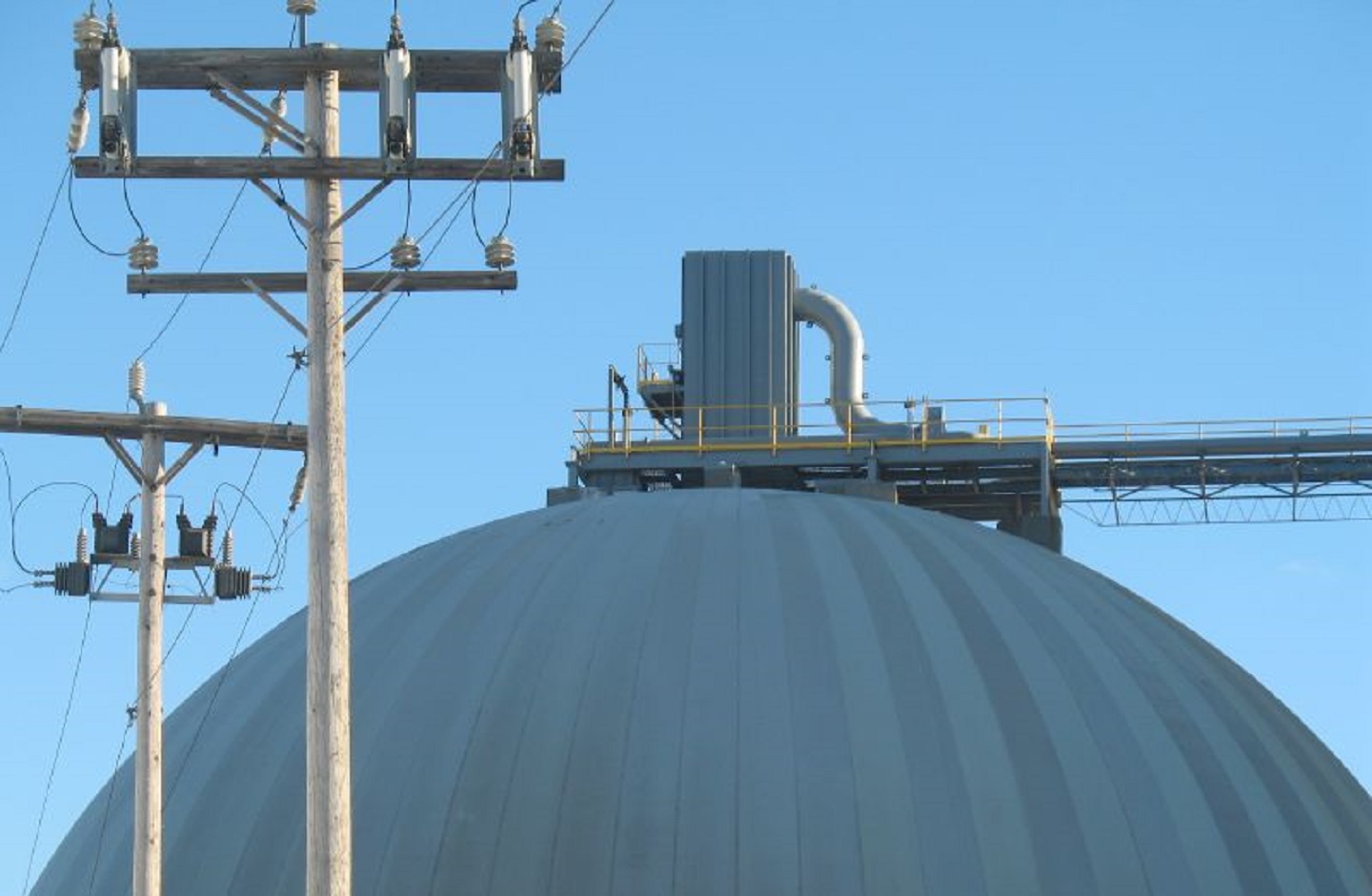
Australia-based petroleum production company Woodside Energy has awarded an engineering, procurement and construction management (EPCm) contract to US engineering services business KBR for the Pluto Train 1 Liquefied Natural Gas (LNG) facility.
Woodside is the operator of the Pluto Joint Venture.
KBR will carry out upgrade works to the facility, which is located in Karratha, Western Australia.
These works will support the facility to process approximately three million tonnes of Scarborough gas annually through Train 1.
KBR sustainable technology solutions president Jay Ibrahim said: “KBR is pleased to support Woodside in the modification of the Pluto Train 1 LNG facility to enable processing of Scarborough gas and in turn provide an opportunity to extend the life of the plant.
“KBR is committed to helping its clients navigate the energy transition, which includes gas as a key part of the energy mix. We are also excited to focus on engaging local and Indigenous businesses to support the project and proud to be creating jobs and opportunities within Western Australia.”
The Pluto LNG facility processes gas from Western Australia’s offshore Pluto and Xena gas sources. The gas is transported through a 180km pipeline to a single onshore LNG-processing train.
Pluto LNG is supported by long-term sales agreements with Kansai Electric and Tokyo Gas. Each of the companies owns a 5% stake in the project.
Woodside is also constructing a second gas processing train as part of a brownfield expansion of Pluto LNG. The Pluto Train 2 is expected to have a capacity of approximately five million tonnes per annum.



